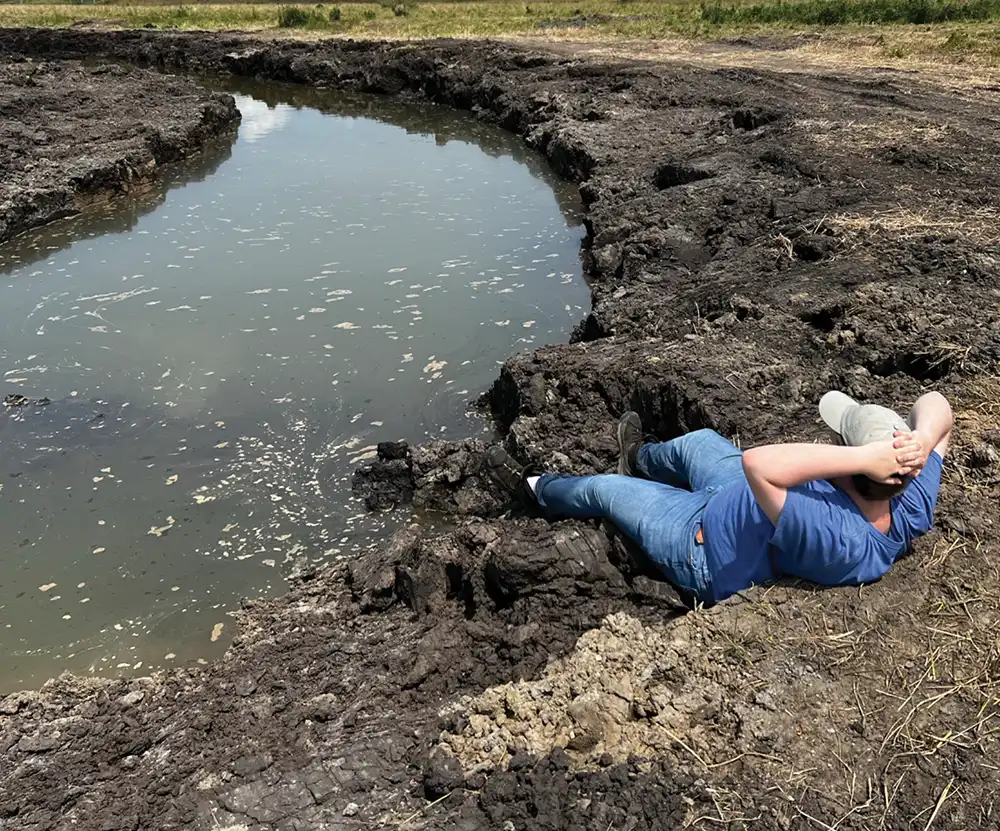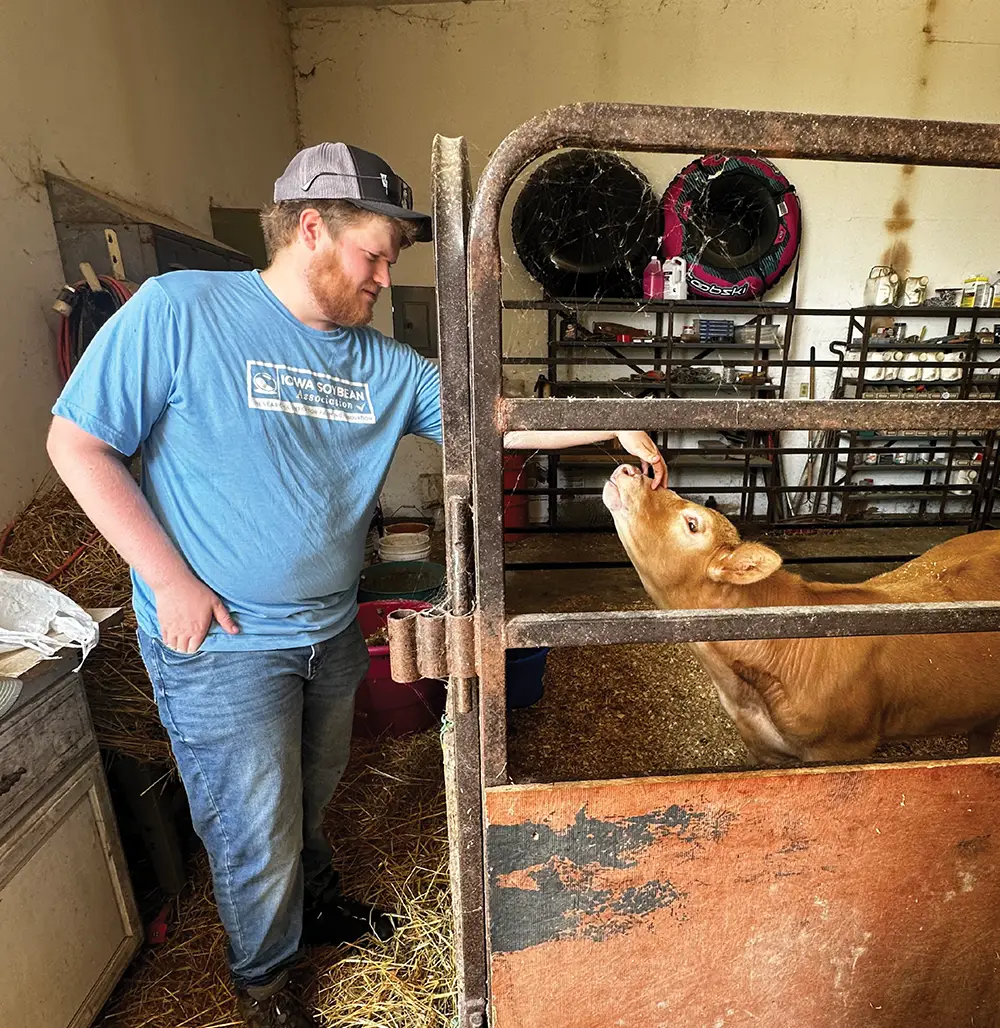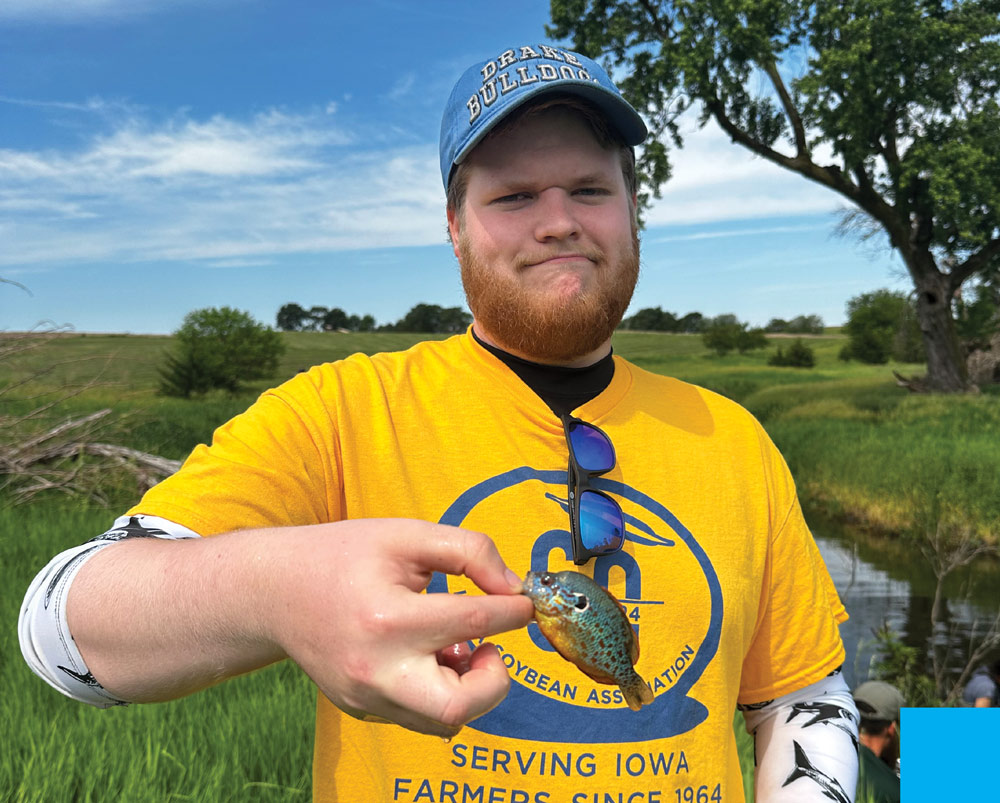
Recruiting Iowa’s Future Environmental Stewards

Recruiting Iowa’s Future Environmental Stewards

From Waukee, Iowa, Wing has roots in farming on both sides of his family. While initially focused on history, a meeting with Drake Professor Keith Summerville ignited a new passion. “I joined for history, but stayed for environmental science,” he said.



One of the highlights of Wing’s internship was interacting with farmers and witnessing their willingness to embrace new farming methods. “It’s really nice seeing farmers take initiative, letting people come on their land for restoration projects,” he said. “It’s good to see how farming is evolving and how the younger generations are adopting these new practices.”

Tackling a Complex Issue
Seeman sees his role as a bridge between the academic and professional worlds. “When students think about policy, they can see the general thought that farmers are bad, that we need to regulate them,” he reflected. “Then they get into the industry and realize how much more complex it is. If there was an easy way to regulate for clean water, we’d have done it by now.”
For Seeman, the value of these internships lies in showing students the reality of the job and the intricate balance between agricultural practices and environmental conservation.